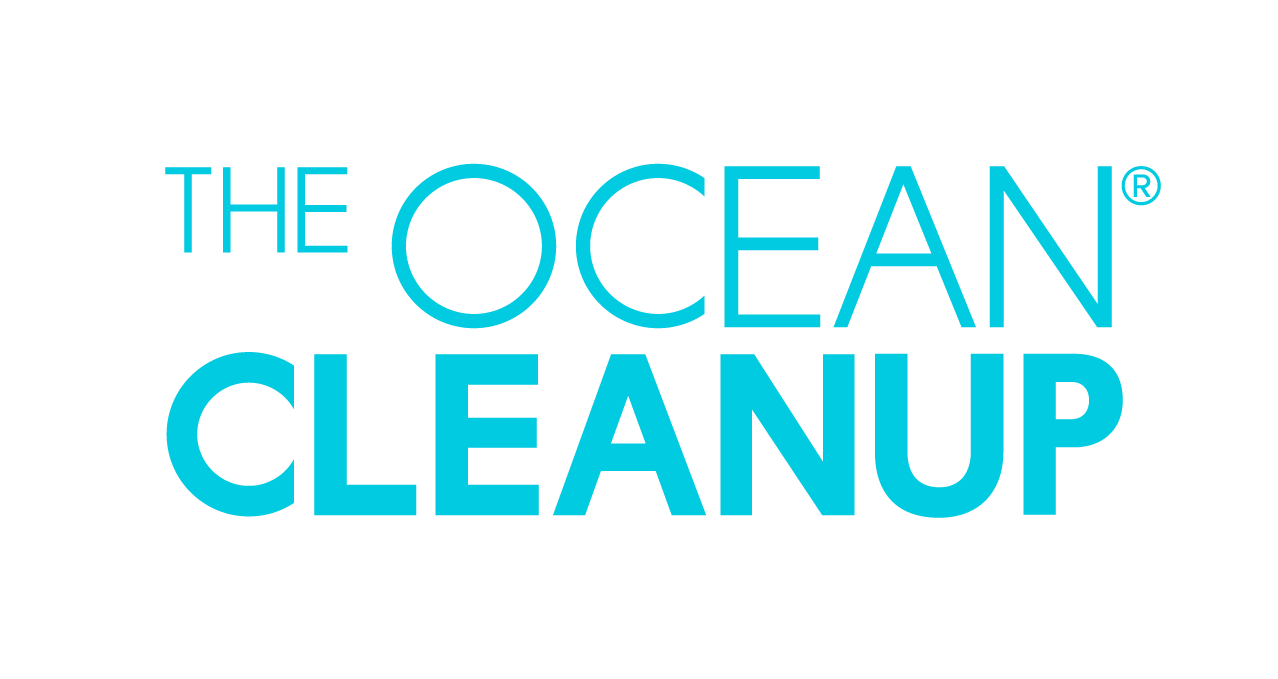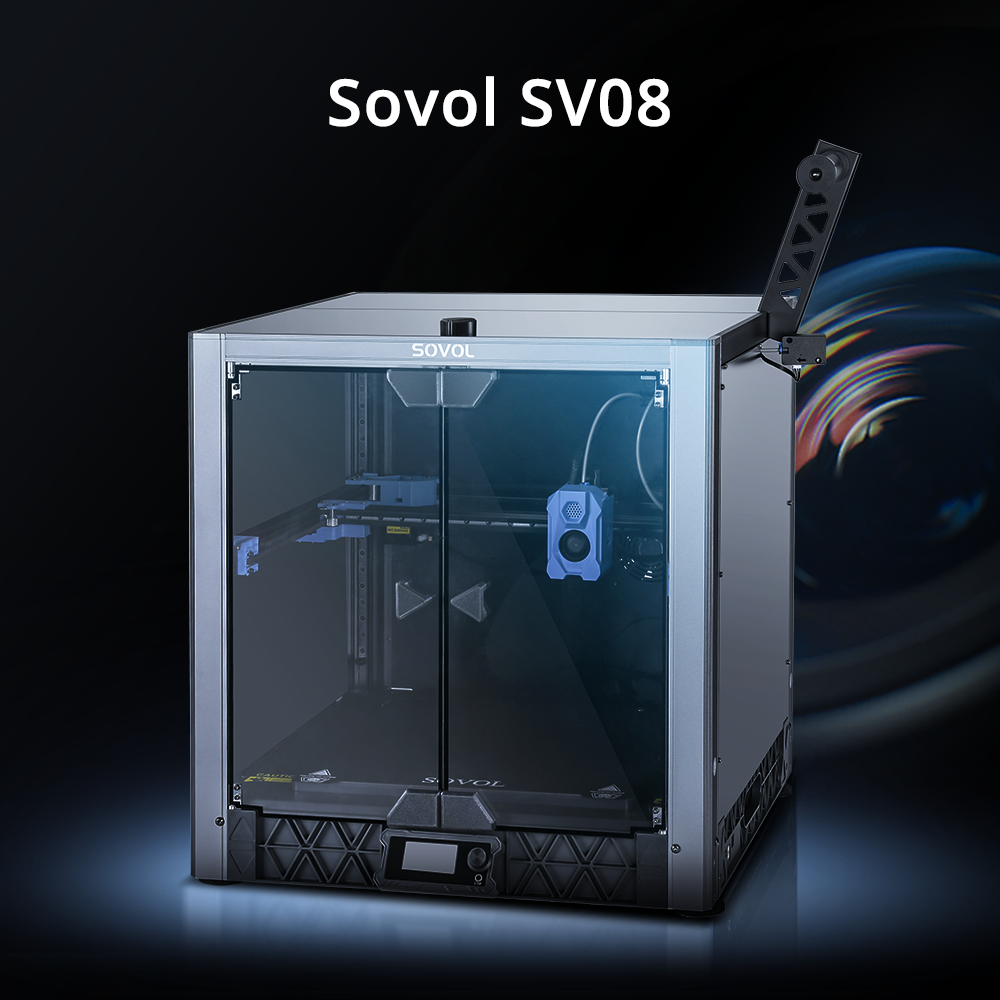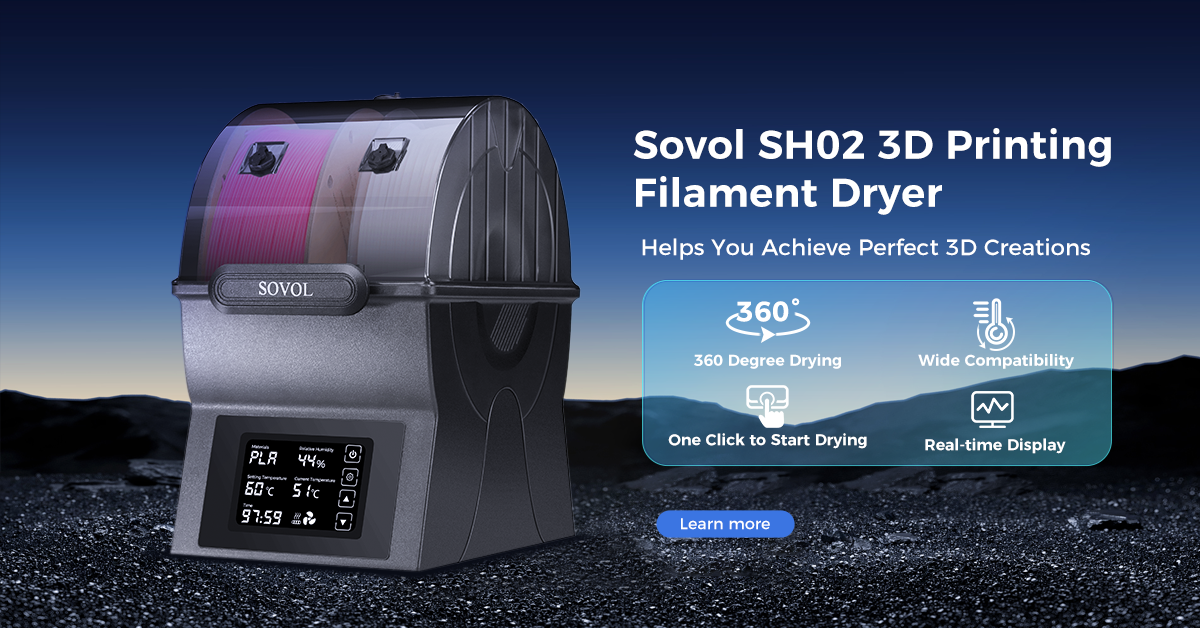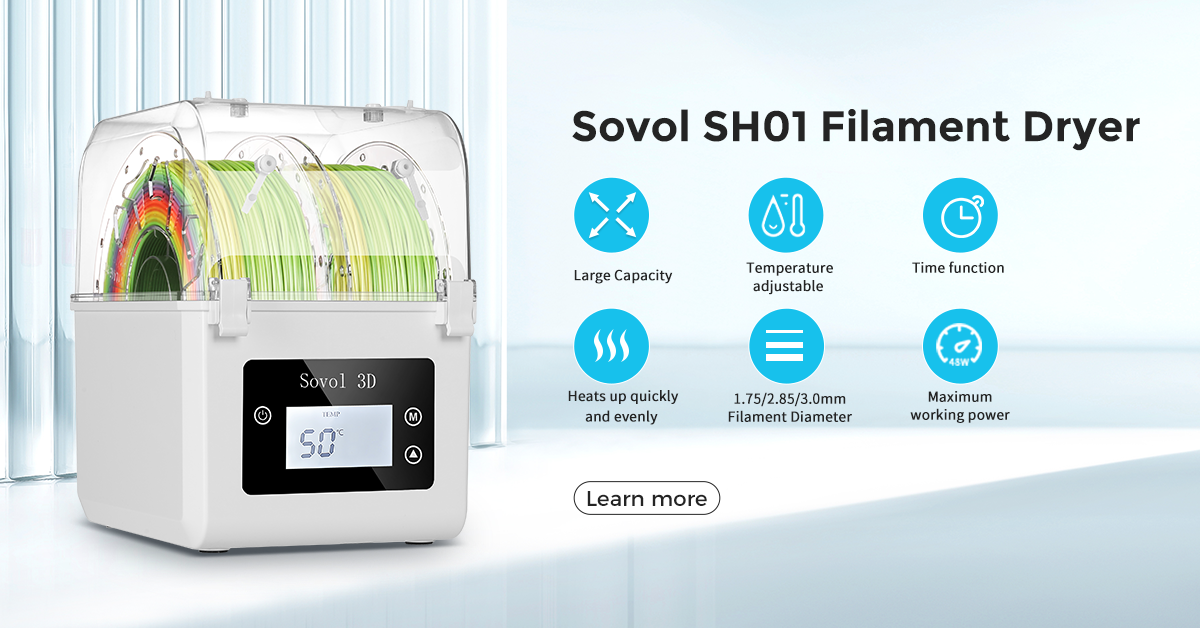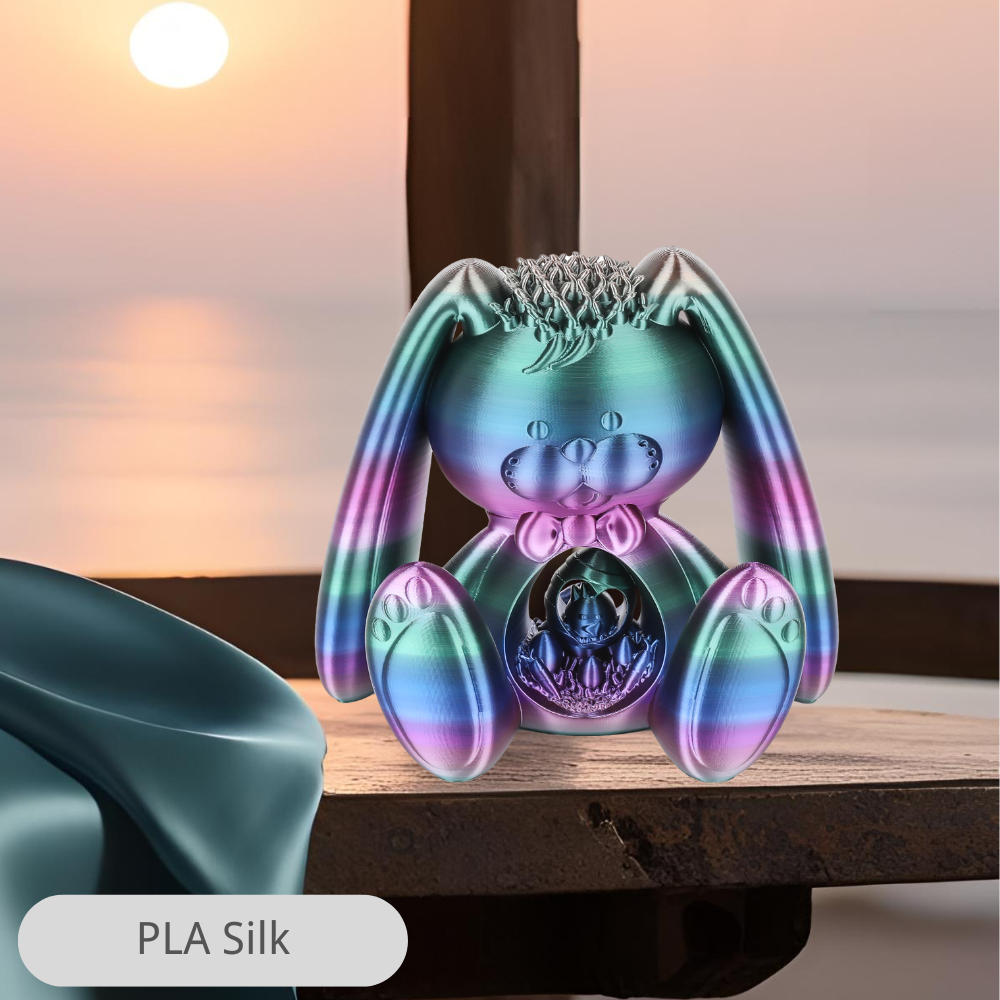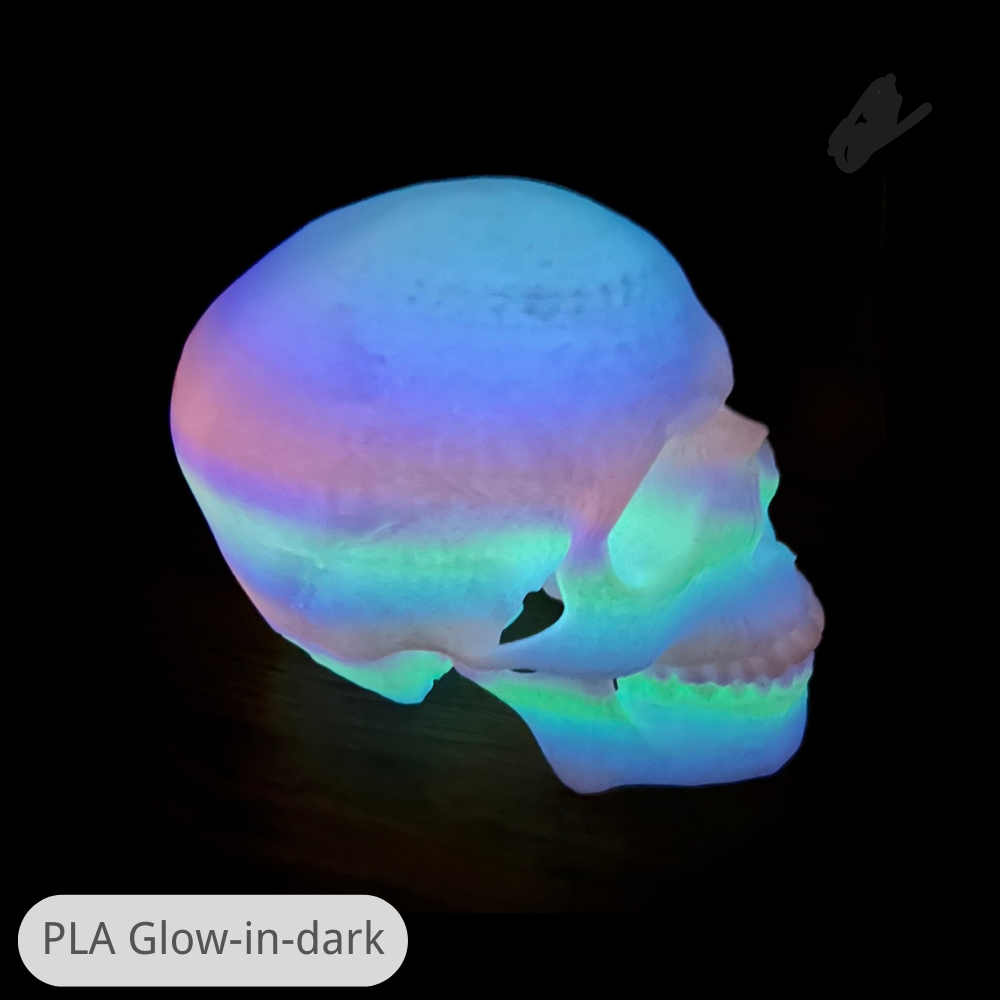WHAT IS #TEAMSEAS?
#TeamSeas is a global campaign to raise $30M to remove 30M pounds of plastic and trash from our ocean, rivers and beaches. It’s also the second wave of the largest creator-led fundraising campaign to ever hit the internet: #TeamTrees. We launched #TeamTrees in 2019 with a goal of raising $20M to plant 20M trees and we smashed it—raising over $23M and generating more than 1B video views. Even two years later, TeamTrees.org is still receiving donations and planting 2,600 trees every day. We’re back again to rally the internet’s passion and imagination in support of the ocean.
WHAT IS THE TIMING OF THE CAMPAIGN?
We launched #TeamSeas on Friday, October 29th at 1PM PACIFIC TIME with a massive wave of online videos and we’ll continue to create content to rally our communities throughout the campaign. (If you’re reading this right now, and you love the ocean, we invite you to create something too). The $30M fundraising goal officially ends on January 1, 2022 at midnight PT, so we only have a short amount of time to raise the money. The funded cleanup work will begin in 2022 and is scheduled to conclude in three years. We’ll keep the site up and running the whole time (and you can still plant a tree at TeamTrees.org!).
WHAT HAPPENS TO THE MONEY?
Every single dollar #TeamSeas raises toward the $30M will go to independently verified pounds of trash that have been removed from beaches, rivers or the ocean. When you donate, the funds go directly to the two not-for-profit organizations, Ocean Conservancy and The Ocean Cleanup. They split the funds 50/50 and the money will be released when the trash is removed and verified: $1, one pound. Each non-profit is responsible for delivering on their half of the goal.
WHAT HAPPENS TO THE TRASH?
Great question! Wherever and whenever possible, items like cans, glass, and plastic beverage bottles will be separated and recycled. In cases where contamination of the trash and/or lack of local recycling makes it impossible to reprocess, trash will go to a proper disposal site in accordance with local regulations and capacity. That’s why we need to reduce the amount of plastic we use and waste we generate, period.
WHO IS BEHIND #TEAMSEAS?
Just like the original campaign that inspired it, #TeamSeas is being led by Mark (Rober), Jimmy (MrBeast) and Campaign Director, Matt Fitzgerald (@fitz350). We’ve reunited many of the world’s most popular content creators to help launch the campaign, add their creativity and invite their audience to power #TeamSeas toward its ambitious 30M goal. At the end of the day, we hope to create a platform that you—anyone reading this—can genuinely claim as your own. Think of it as a giant, global potluck for good. What would you like to bring to the party?
WHICH NONPROFIT ORGANIZATIONS ARE YOU PARTNERING WITH?
For #TeamSeas, we’ve partnered up with Ocean Conservancy and The Ocean Cleanup. All donations to #TeamSeas will be split between the two organizations, 50/50.
Ocean Conservancy is #TeamSeas’s implementation partner for beaches and oceans. Ocean Conservancy champions science-based solutions to tackle the largest ocean conservation challenges we face to strengthen the health of the ocean today and for the future. They mobilize citizen advocates to facilitate change, and are committed to supporting efforts that benefit the people who depend on the ocean for food, jobs and recreation. Ocean Conservancy facilitates the International Coastal Cleanup (ICC), one of the world’s largest volunteer cleanup efforts for the ocean. Ocean Conservancy is a US-based 501(c)(3) nonprofit (EIN 23-7245152) and is rated 4 stars (94/100) by Charity Navigator.
The Ocean Cleanup is #TeamSeas’s implementation partner for rivers. The Ocean Cleanup develops and scales technologies to clean up what is already polluting our oceans and to intercept plastic on its way to the ocean via rivers. Their goal is to achieve a 90% reduction of floating ocean plastic by 2040. Founded in 2013, The Ocean Cleanup has a proven commitment to the ambitious goal of ridding the world’s oceans of plastic. With their river systems, the Interceptors, they are now helping to close the tap on a global scale, capturing plastic before it enters the oceans via rivers. The Ocean Cleanup is a registered ANBI Foundation in the Netherlands, and their U.S. affiliate, The Ocean Cleanup North Pacific Foundation, is also a Gold-rated US 501(c)(3) nonprofit (EIN 81-5132355).
WHAT’S THE DEAL WITH PLASTIC POLLUTION IN OUR WATER?
The ocean and the life within it are incredibly important. Aside from the water we drink, the ocean produces half the air we breathe every day. So it’s a no-brainer that keeping it clean and healthy is critical to our survival. Unfortunately our ocean—and the rivers that feed it—are full of plastic trash. It’s estimated that there are 200M tons of plastic already circulating in marine environments, with an estimated 11M tons entering the ocean EVERY YEAR. Pollution from items like bottles, bags, straws and abandoned fishing gear is a health crisis for our entire planet.
HOW ARE WE ACTUALLY GOING TO CLEAN UP ALL THIS TRASH?
We’re glad you asked. Because 30M pounds is A LOT of trash (roughly equivalent to 85 football fields covered a foot deep). We’re dividing our work among three points of intervention: beaches, rivers and oceans.
Beaches
With the experts at Ocean Conservancy, we’ll send professional crews to clean up some of the most iconic, vulnerable beaches on the planet. We’ll also be holding safe, locally-hosted #TeamSeas events leveraging Ocean Conservancy’s International Coastal Cleanup (ICC) network so #TeamSeas supporters can roll up their sleeves and make an impact firsthand, one pound of trash at a time. The ICC is the largest beach cleanup network in the world (more than 350 million pounds of trash have been collected from beaches in its 35+ year history!)
Rivers
For our rivers, #TeamSeas will fund Interceptors™, The Ocean Cleanup’s river cleanup technologies that collect trash before it can reach the ocean. The Ocean Cleanup has several Interceptors already deployed in some of the world’s most polluted rivers to catch plastic and trash upstream. #TeamSeas will support the expansion and continued operation of this work as The Ocean Cleanup takes aim at the 1% of rivers which contribute 80% of the trash flowing into the ocean from rivers.
Oceans
Lost, abandoned and discarded fishing gear – or ghost gear – is some of the deadliest ocean trash, and is super tricky to recover. #TeamSeas will work with Ocean Conservancy’s Global Ghost Gear Initiative® to go to ghost gear “graveyards,” where we’ll identify and float the abandoned gear to the surface, hook it onto boat cranes and remove it from the ocean forever.
HOW CAN I HELP?
We want you to do what you do best. Talk to a friend, organize your school or business, make some art, film a video, whatever makes sense to you and your community as we work toward 30M. For #TeamTrees, we saw artists draw comics for trees, kids hold bakesales, and tech founders one-up each other on the Leaderboard. Whoever your team is, get them on #TeamSeas. You can create a Team during checkout or join one from Search.
We recommend you start by telling someone else about the mission, why you’re passionate about it, and invite them to get involved at TeamSeas.org. We also encourage you to engage with and amplify #TeamSeas content across the internet. We think you’ll be surprised at who else is on #TeamSeas and how many fascinating videos are out there for you to discover. As the campaign develops, we hope you’ll co-create it with us as we rally toward our shared 30M goal. One of the most exciting parts for us is that we have no idea what you’ll come up with, and we can’t wait to see it.
WHO SHOULD I TAG OR FOLLOW ON SOCIAL? WHAT’S OFFICIAL?
#TeamSeas official social accounts will always be listed here and on the homepage. If you’re not sure if it’s legit, check TeamSeas.org. Here’s the latest list:
Twitter: twitter.com/teamseas , Instagram: instagram.com/teamseas , Facebook: facebook.com/teamseas , YouTube: youtube.com/teamseas , reddit: reddit.com/r/teamseas , TikTok: tiktok.com/@teamseas ( use the ‘Support Nonprofit’ donate sticker for Ocean Conservancy). If you stream on Twitch, check out the TeamSeas campaign tools on Tiltify to let your viewers donate live and your community to fundraise together.
Speaking of legit, the only official store for #TeamSeas is store.teamseas.org. Please watch out for scammers.
Last but not least, we encourage you to engage with other #TeamSeas supporters to weave together all our crazy internet worlds in support of the cause. Spread love, mash the RT button, and if you see a way to organize something cool together, well, that’s awesome!
IS CLEANUP REALLY THE BEST SOLUTION?
The plastic pollution problem is so big that no single solution will fix it at once. But we’ve got to start somewhere. 30M pounds of trash collected is 30M pounds of trash that won’t come face to face with whales, dolphins, seabirds and other beloved wildlife, and that won’t keep breaking down into smaller and smaller pieces, ending up on our dinner plates. There are a lot of ways you can tackle the problem, and we think cleanups are complementary so long as they’re not excuses for delay. By reaching a billion people through #TeamSeas videos, and activating new generations of ocean advocates, we hope to inspire a movement and demand for solutions. Plastic and our oceans don’t mix, and we’re here to do something about it.
WHAT ABOUT CLIMATE CHANGE?
Plastic production and climate change are inextricably linked, and both are huge problems for the ocean. Every year, 11 million metric tons of plastics enter our ocean. Nearly all of these plastics are made from fossil fuels including crude oil, natural gas liquids and coal. Ocean Conservancy has estimated that the crude oil needed to make that much plastic is over 800 times more than the amount spilled during the Exxon Valdez disaster! And the greenhouse gas emissions from the plastics sector are about 2 gigatons, equivalent to the emissions of 370 million passenger cars. You can learn more about the plastics-climate connection here. There’s much more we need to do to tackle the climate crisis, and we hope you bring this same #TeamSeas energy to other efforts to protect the ocean and the planet.
